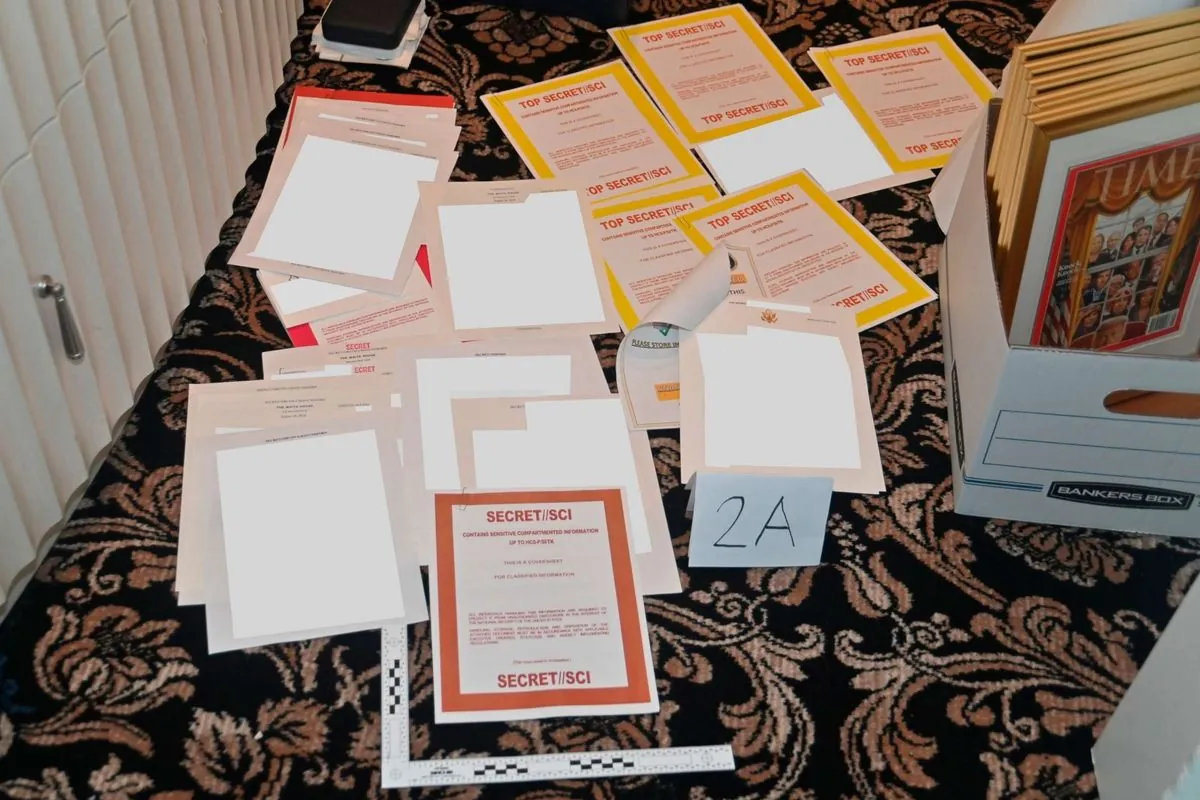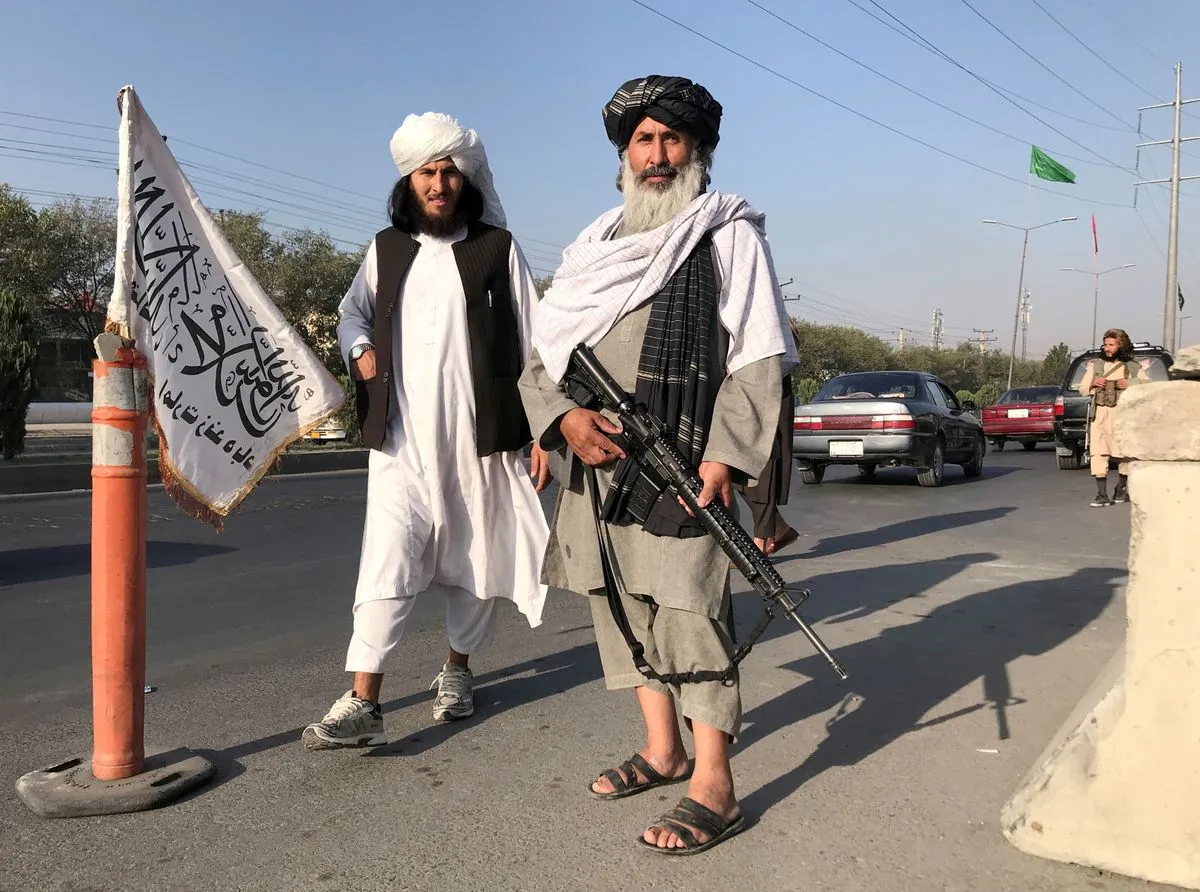U.S. Judge Faces Rare Decision on Taliban Commander's Immunity
A federal judge must decide if a Taliban commander qualifies for military law immunity in a case involving the deaths of U.S. soldiers and a journalist's kidnapping. The ruling could significantly impact the charges against him.

In a rare legal scenario, a U.S. federal judge is tasked with determining whether Haji Najibullah, a Taliban commander, is entitled to immunity under military law for actions during the conflict in Afghanistan. This decision could significantly impact the charges against him, which include the 2008 killings of three U.S. soldiers and the abduction of an American journalist.
The case, set for trial on January 6, 2025, in the U.S. District Court for the Southern District of New York, highlights the complex intersection of international law, military operations, and civilian justice systems. Judge Katherine Polk Failla must navigate the intricacies of prisoner-of-war protections and their applicability to Taliban members, given the group's contested status during the U.S. presence in Afghanistan from 2001 to 2021.
Two expert witnesses presented conflicting views on Najibullah's eligibility for combatant immunity. Christopher Jenks, representing the prosecution, argued against granting prisoner-of-war status, citing the Taliban's lack of recognized governmental authority in 2008. Conversely, Rachel VanLandingham, testifying for the defense, contended that the Taliban maintained a level of control over parts of Afghanistan throughout the conflict, comparing their situation to the Free French resistance during World War II.
The Taliban's history adds complexity to the case. Emerging in 1994 and controlling most of Afghanistan from 1996 to 2001, the group was designated as a terrorist organization by the UN Security Council in 1999. Following the U.S. invasion in October 2001, the Taliban's status became a point of legal contention.

The concept of combatant immunity, rooted in the Hague Conventions of 1899 and 1907, is central to this case. This principle, along with the Geneva Conventions, forms part of the Law of Armed Conflict within public international law. The judge's decision will determine whether Najibullah faces charges for the deaths of Sgt. 1st Class Matthew L. Hilton, Sgt. 1st Class Joseph A. McKay, and Sgt. Mark Palmateer.
Najibullah's legal team argues that his actions should be considered wartime activities in his role as a Taliban commander. They contend that prosecuting foreign soldiers for battlefield actions against U.S. forces is not a traditional practice.
The case also involves charges related to the kidnapping of journalist David Rohde. While some kidnapping-related counts have been dropped, Najibullah still faces hostage-taking charges.
This unprecedented situation underscores the evolving nature of international conflicts and the challenges in applying traditional laws of war to non-state actors. The outcome could have far-reaching implications for future cases involving combatants from non-recognized state entities.
"This country does not traditionally prosecute foreign soldiers simply for fighting against our military forces on a battlefield. It would be illogical and inequitable to deprive Mr. Najibullah of a combatant immunity determination simply because he was not seized on the literal battlefield."
As the legal community awaits Judge Failla's decision, this case serves as a testament to the complexities of modern warfare and its intersection with international law. The ruling, expected in the coming months, will likely set a significant precedent in how the U.S. judicial system handles similar cases in the future.


































